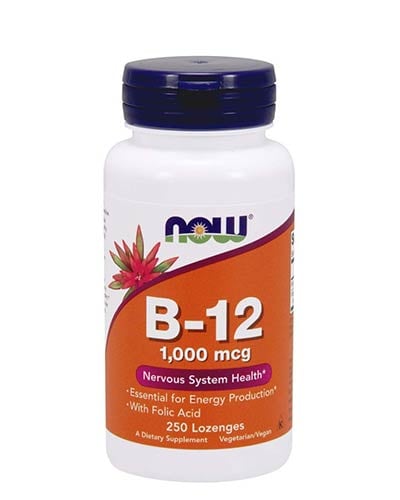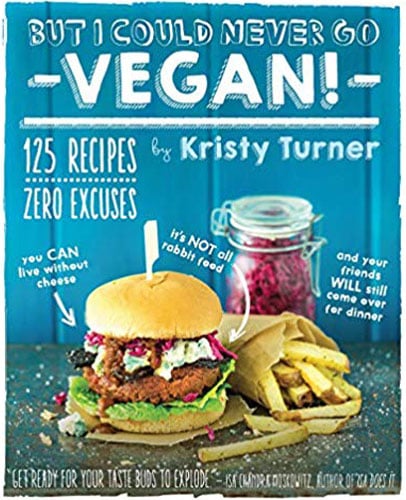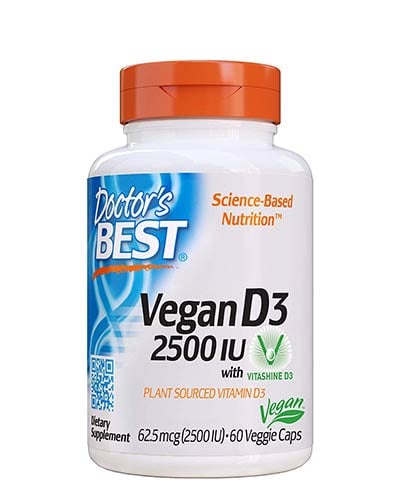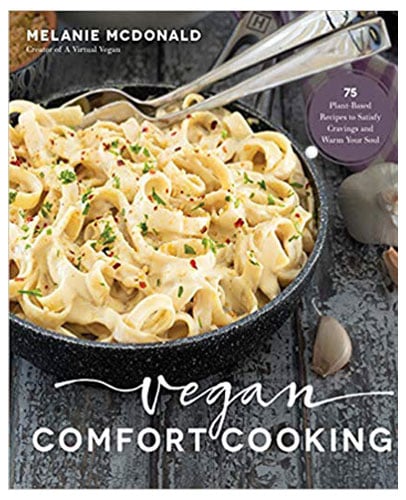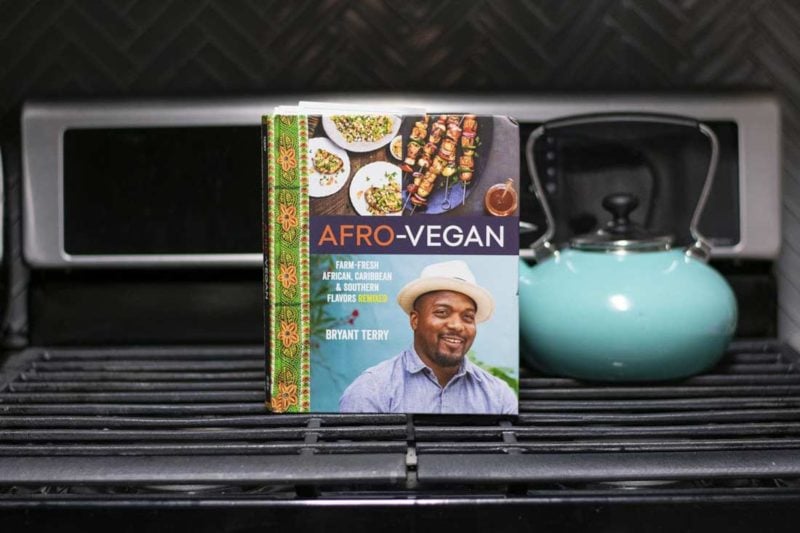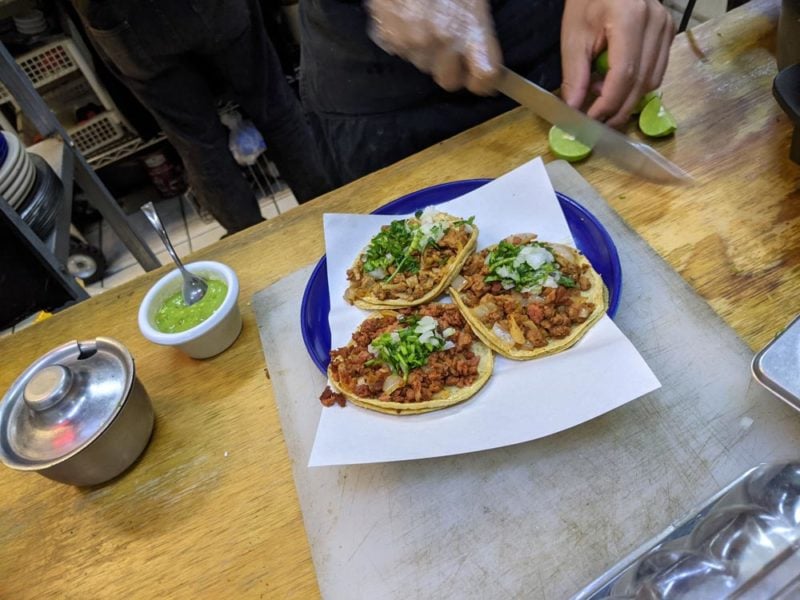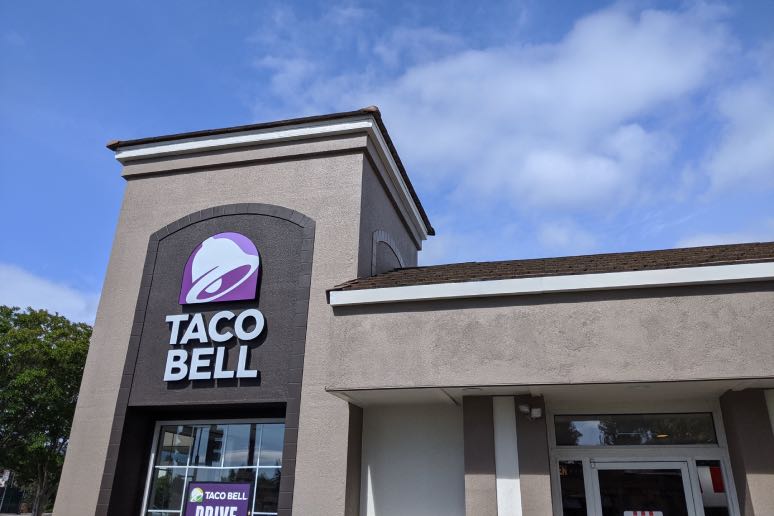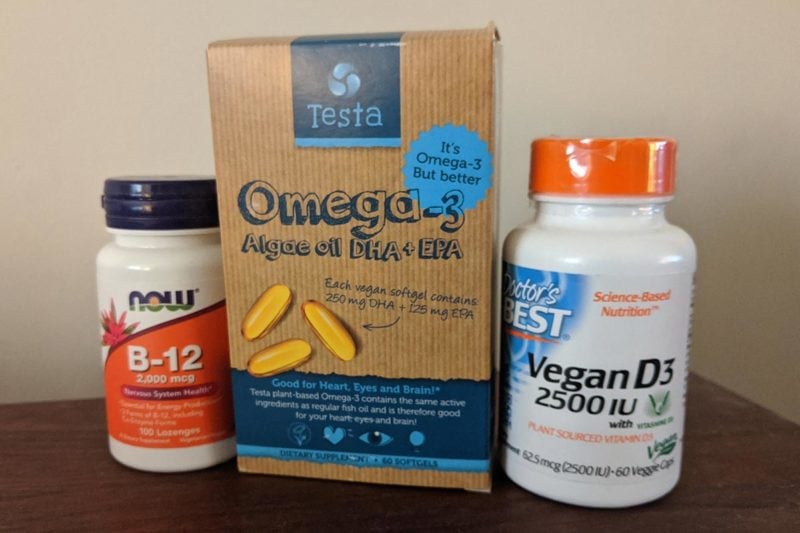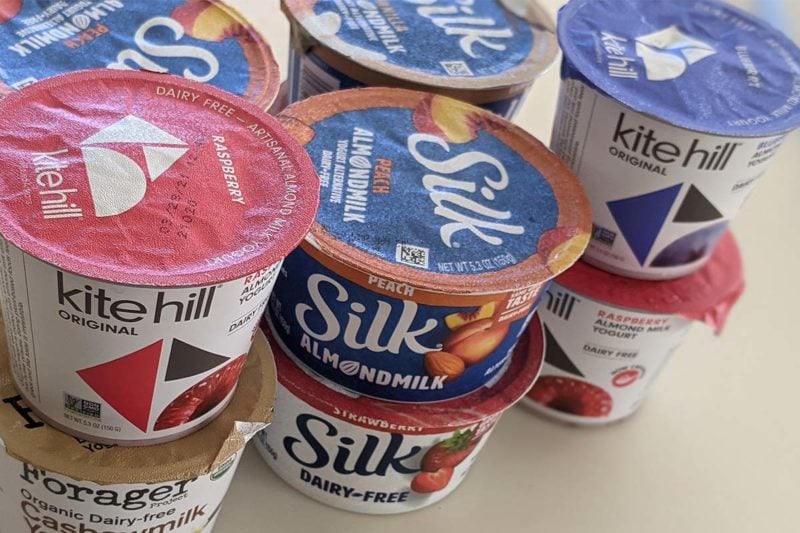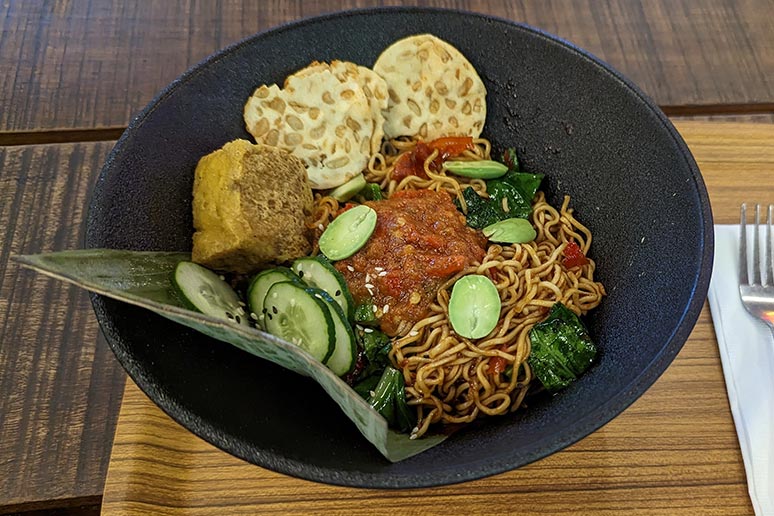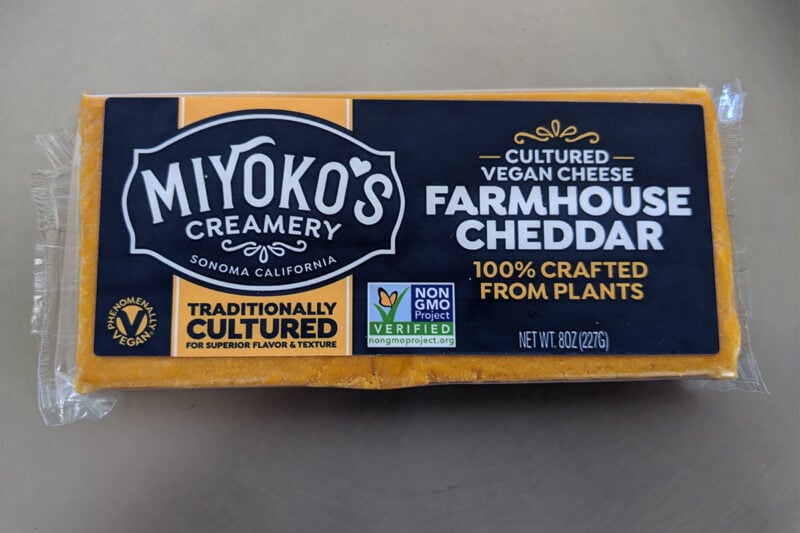You rarely need to look far to find incompetence, and many food reporters seem to get a double dose. Maybe the biggest irritation when it comes to knowing something about food politics is constantly witnessing members of the press getting duped into repackaging and publicizing misleading arguments. This happens all the time with issues large and small. But today’s incident is a humdinger.
News outlets everywhere are reporting on a new study by Carnegie Mellon University researchers, that creates the impression that vegetables are even worse for the environment than meat. The Independent’s headline is representative of the media coverage for this story:
Lettuce is ‘three times worse than bacon’ for emissions and vegetarian diets could be bad for environment
What’s going on here? How could this possibly be? Basically, the researchers decided to measure the environmental impact of meat vs. veggies in the most misleading way imaginable: by comparing the highest-calorie meats to the lowest-calorie vegetables.
Let’s accept this study’s findings that lettuce in fact generates three times the greenhouse gas emissions per calorie as bacon to see where that gets us. Suppose you were to eat four slices of bacon. That’ll give you 468 calories worth of bacon before it gets pan fried. How much shredded green leaf lettuce would you need to eat to reach 468 calories? Oh, a mere 93 cups.
Since 93 cups is an insane amount of food, and hard to envision, let’s simplify it. That amount of shredded lettuce will fill a standard full-sized grocery bag almost to the brim, and weigh 7.3 pounds.* I hope you’re hungry! The reality here is clear: if you’re trying to meet your caloric needs by eating lettuce, you, sir or madam, are a lunatic.
That lettuce is full of vitamin A and fiber. And unlike bacon it’s fat-free, and has no association whatsoever with colorectal cancer.
I don’t see anything in the study’s notes that acknowledges meat industry funding, but it’s hard to imagine that using the calories of lettuce vs. meat is a good-faith and honestly-intentioned way to analyze this issue. You don’t eat vegetables—especially super low-calorie items like lettuce, cucumbers, and eggplant (which one of the coauthors calls out by name)—for the calories. You eat them for the taste, the fiber, the nutrients, and the fact that higher vegetable consumption has a strong association with better health. And you certainly don’t go eating 93 cups of lettuce in a sitting.
For your protein and calorie needs, you can turn to healthful vegan foods like grains, nuts, and beans—all of which blow bacon out of the water when it comes to minimizing units of greenhouse gas per calorie.
Even semi-informed people already know all this. It’s too bad reporters on the food beat are so easily suckered by a study seemingly designed to produce misleading headlines. What hope do we have when even an august source like Scientific American leads its coverage of this story with, “Bacon lovers of the world, rejoice!”
It’s frustrating that I needed to spend my morning writing this in an effort to do a little damage control. I’ve written about food for twenty years, and because of my background I was able to see through this study in about five seconds. But the public doesn’t have this sort of experience, so they’re dependent on getting their information from scientists who are doing meaningful research and presenting it honestly and in a way that won’t be sensationalized by inexperienced reporters.
That shouldn’t be asking for too much, especially considering the billions of animal lives that are at stake and the climate emergency we are currently facing.
—–
* A standard grocery bag is 1430 cubic inches divided by 240 ml per cup of lettuce gives us a capacity of 97 cups per bag.
Erik Marcus is the publisher of Vegan.com and the author several books related to food politics.


